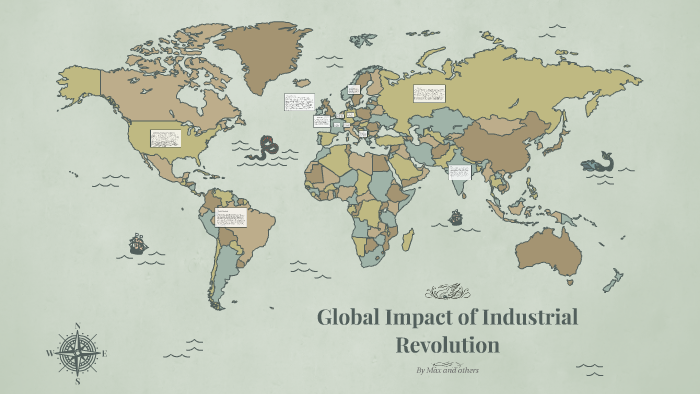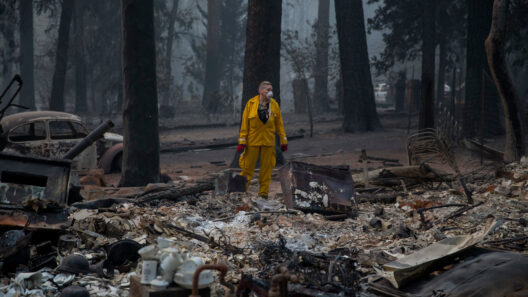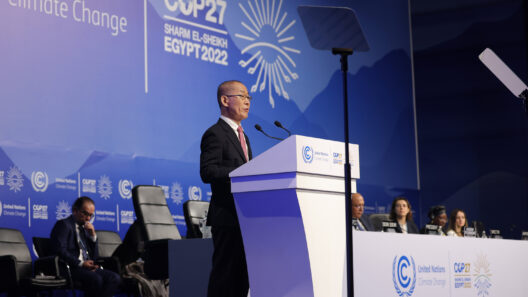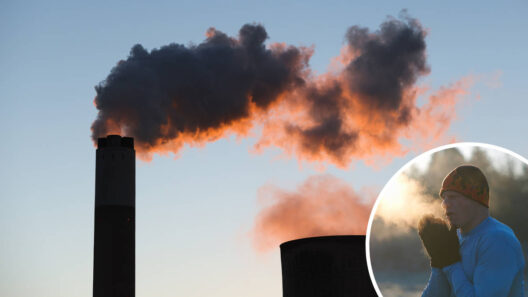The Industrial Revolution, which began in the late 18th century and continued into the 19th century, marked a pivotal transformation in society, economy, and industry. This period introduced mechanization, mass production, and unprecedented technological advancements. However, these remarkable changes came at a significant environmental cost, setting the stage for what we now recognize as global warming. Understanding the link between this era of progress and the escalating climate crisis is crucial for reframing our current perspective on industrialization.
Initially, the Industrial Revolution was fueled by a burgeoning demand for energy, primarily relying on coal as its cornerstone. The rich deposits of coal found in Britain catalyzed a fervent expansion of industries, particularly textiles, iron, and steam power. This dependence on fossil fuels marked the commencement of a profound and detrimental relationship between human progress and environmental degradation. The combustion of coal, while revolutionizing transportation and manufacturing, released copious amounts of carbon dioxide and other greenhouse gases into the atmosphere, disrupting the earth’s natural balance.
As industries thrived, urban areas expanded exponentially, leading to a plethora of socio-economic changes. Cities swelled with populations drawn by the promise of industrial jobs. However, the rapid urbanization resulted in a correspondingly immense surge in demand for energy and resources. Deforestation was rampant, as vast tracts of land were cleared for agriculture and housing to support these burgeoning urban populations. The loss of forests, which play a vital role in sequestering carbon dioxide, exacerbated the greenhouse effect, further amplifying global warming.
The advancements in transportation during the Industrial Revolution also played a critical role in worsening climate conditions. The invention of the steam engine, coupled with the expansion of railways, facilitated the extensive movement of goods and people. This development not only increased fossil fuel consumption but also established a culture of continuous consumption and waste. The demand for raw materials skyrocketed, leading to the exploitation of the Earth’s resources, which often led to environmental devastation, including habitat destruction and soil degradation.
In addition to coal, the Industrial Revolution paved the way for oil extraction and the internal combustion engine, which would soon dominate energy consumption through the 20th century and beyond. The reliance on oil further intensified carbon emissions, with the transportation sector becoming one of the largest contributors to greenhouse gas emissions. The synergy between technological progress and fossil fuel exploration fueled an insatiable appetite for growth, often at the expense of environmental stewardship.
Moreover, industrialization spurred innovations within agriculture, leading to the introduction of synthetic fertilizers and pesticides. While these developments dramatically increased food production, they also contributed to soil erosion and water pollution, compounding the impacts on climate change. The food system became intertwined with fossil fuels, as energy-intensive agricultural practices and long-distance transport established dependencies that would be challenging to dismantle.
As we delve deeper into the socio-political ramifications of the Industrial Revolution, it becomes evident that this era also forged a complex relationship between progress and inequality. Economic advancement was not uniformly distributed, leading to disparities in wealth and resources. Vulnerable populations, often situated in the Global South, were disproportionately affected by both industrial pollution and the effects of climate change. This phenomenon, often referred to as environmental injustice, commands our attention and calls for a critical examination of how the benefits of industrial progress have been unequally shared.
In light of these historical context and environmental repercussions, it is essential to examine how contemporary society grapples with the legacy of the Industrial Revolution. While the immediate aftermath of this epoch was characterized by economic prosperity, the long-term environmental consequences have ushered in an era of unprecedented climate urgency. Climate scientists have unequivocally linked the rise in global temperatures to human activities since the Industrial Revolution, underscoring an alarming correlation between industrial growth and ecological destabilization.
As the world grapples with the daunting implications of climate change, discussions surrounding sustainable development are increasingly vital. The concept of “green growth” has emerged as a paradigm shift aimed at reconciling economic growth with environmental sustainability. This approach encourages the adoption of renewable energy sources, advances in technology, and a re-evaluation of consumption patterns. By fostering innovation that prioritizes ecological integrity, we may begin to dismantle the preconceived notions that progress must come at the expense of the environment.
In conclusion, the interplay between the Industrial Revolution and global warming exemplifies the complex and often paradoxical nature of progress. While advancements in industry and technology have propelled society forward, they have concurrently laid the groundwork for some of the greatest challenges humanity faces today. It is incumbent upon us to reassess our understanding of progress, considering not just economic metrics, but also the ecological implications of our actions. Embracing this nuanced perspective paves the way for a future where innovation harmonizes with sustainability, thus allowing us to fulfill our responsibilities to the planet and future generations.








